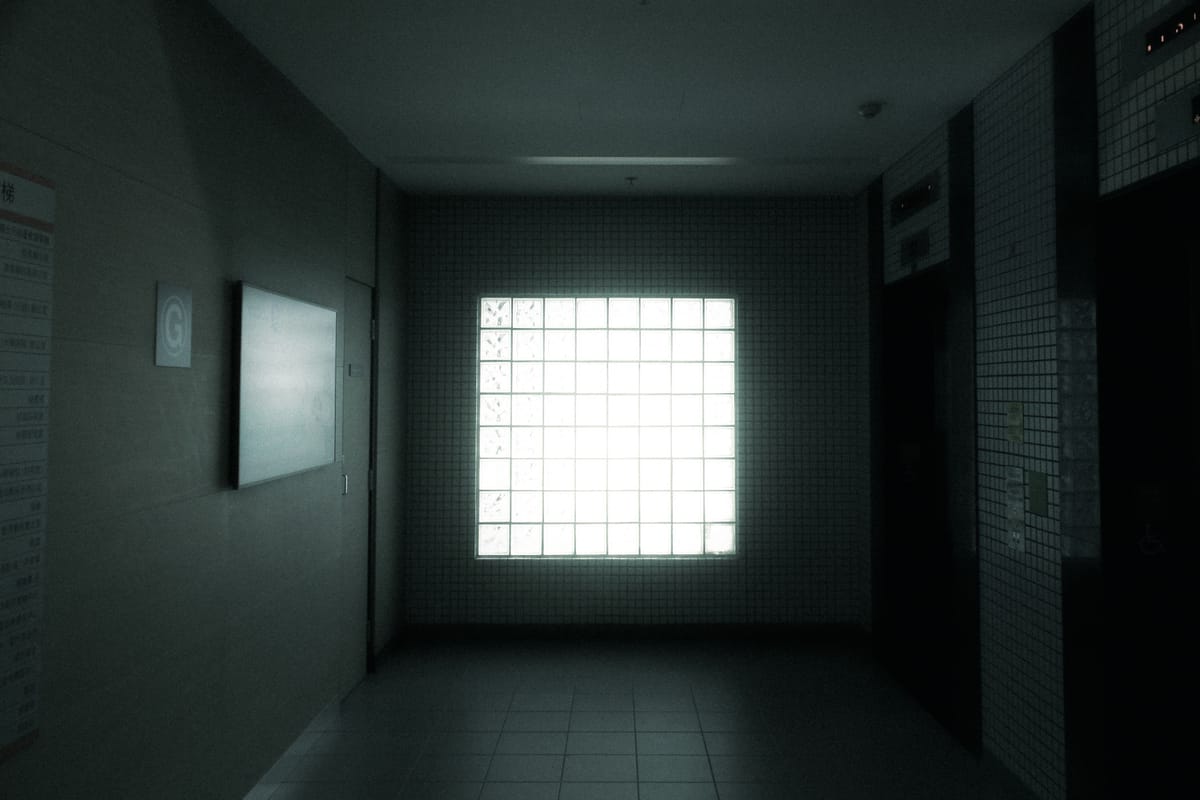Journalists Denied Access to Indiana Execution as First Amendment Case Unfolds

EVANSVILLE, Ind. — A federal judge has declined to allow reporters to witness executions in Indiana while a First Amendment lawsuit moves forward, dealing a setback to news organizations challenging the state’s restrictive media policy.
Judge Matthew P. Brookman of the Southern District of Indiana ruled Friday that the six media outlets suing the state were unlikely to succeed in their claim that journalists have a constitutional right to observe executions. The decision came just days before the scheduled execution of Benjamin Ritchie, who was sentenced to death for the 2002 murder of a Beech Grove police officer.
Gov. Mike Braun rejected a clemency request from Ritchie earlier this month, saying it did not merit a change to his sentence.
Press Access Restricted by Policy
The lawsuit, filed May 5 by the Reporters Committee for Freedom of the Press on behalf of six outlets, including Gannett and its Indiana papers, seeks to overturn a state law and Indiana State Prison policy that limit press access during executions.
Under current rules, only five witnesses chosen by the condemned person—such as family members, friends, or journalists—may be present. Reporters are otherwise barred from observing. This makes Indiana one of only two states, along with Wyoming, that do not grant routine media access to executions. Wyoming has not carried out a death sentence since 1992.
Attorney Lin Weeks, representing the plaintiffs, told the court Friday that Indiana’s policy is “uniquely restrictive,” adding, “There's an importance in allowing the public to see that justice is carried out.”
State Says No Special Rights for Press
The state, represented by Special Counsel Jefferson S. Garn of the Indiana Attorney General’s Office, argued that reporters have no special right to attend executions. “There’s simply no right to witness an execution,” Garn said.
He added that requiring changes to procedures so close to Ritchie’s execution would impose a significant burden. Indiana State Prison Warden Ron Neal testified that allowing reporters would force substantial changes to long-standing policies.
State officials also argued that media are treated the same as the public under Indiana law and could attend executions only if invited by the prisoner.
Judge Brookman agreed, writing in his ruling that the press “are not being singled out for disparate treatment” and could attend “the same way that members of the public can.”
Journalists Cite Need for Accountability
Plaintiffs cited past examples, including the 1985 electrocution of William Vandiver, to show how lack of media access can hinder public understanding. No journalists were present at that execution, and conflicting accounts emerged about the 17 minutes it took for Vandiver to die.
Ted Bridis, a former Associated Press reporter who witnessed executions in Kentucky and Oklahoma, said reporters act as independent observers. “This is the ultimate use of force by the government,” said Bridis, now a journalism professor. “We need to be there… to make sure they understand exactly what happens in these cases.”
Broader Legal Context
Earlier this month, a federal judge in Idaho ordered that reporters must be given full visual and audio access to the execution process in that state. But in Indiana, Judge Brookman sided with the state’s view that the timing of the lawsuit and the burden of making last-minute changes weighed against granting a preliminary injunction.
The case will proceed, but for now, executions in Indiana will continue without routine media access.
